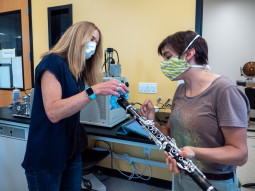
Ultrafast COVID Test Update (starts 1:00) Sara Sawyer’s ultrafast COVID saliva test might be an option sometime soon for allowing visits inside senior care facilities.
CU COVID-READY DASHBOARD (starts3:35) CU Media Relations spokesperson Candace Smith gives an update, and How on Earth’s Beth Bennett shares comparisons with other university successes and failures at opening up.
KEEPING INDOORS COVID-SAFE (Starts 9:25) CU Aerosol Experts Shelly Miller & Jose Luis Jimenez have become world-renowned for their expertise in how to reduce the risk of aerosol transmission of COVID-19, plus how CU Boulder is working with them to increase the safety of in-person CU Classrooms from COVID-19 for more, see. CU Boulder Covid Research Strategies Webinar
Producer: Shelley Schlender
Additional Contributions: Angele Sjong, Beth Bennett
Engineer: Maeve Conran
Podcast: Play in new window | Download (Duration: 27:20 — 25.1MB)
Subscribe: RSS

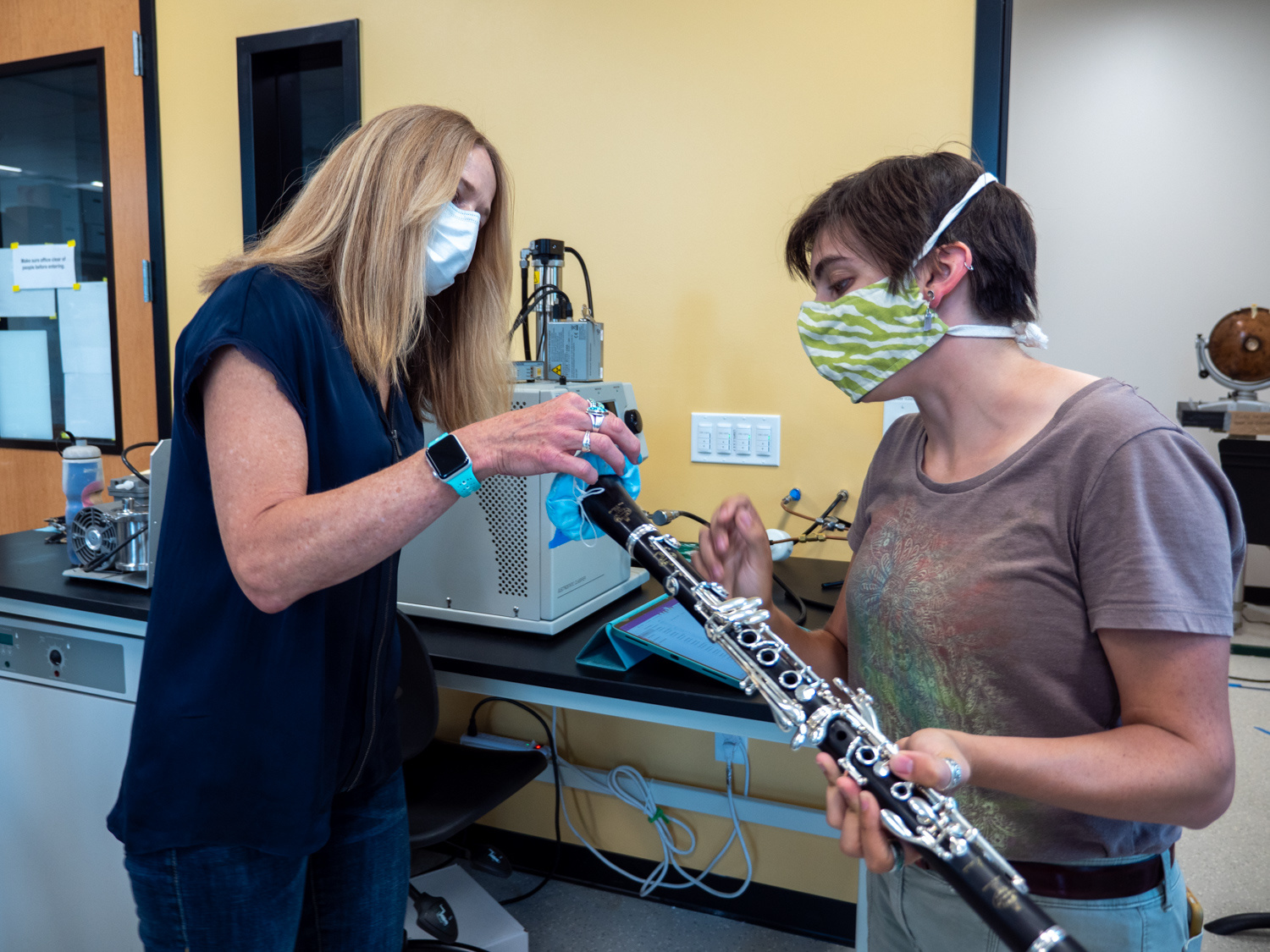


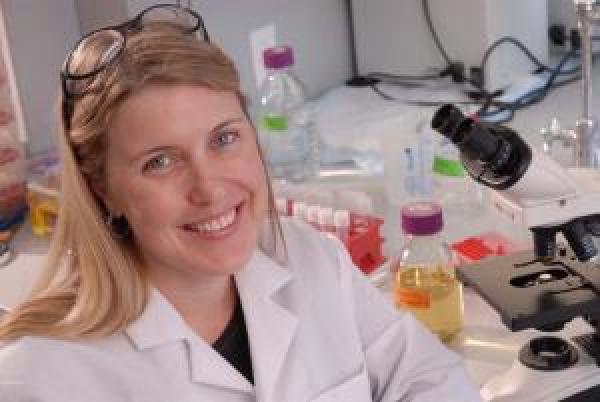
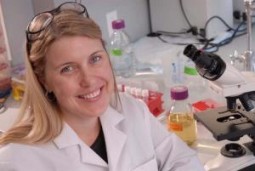
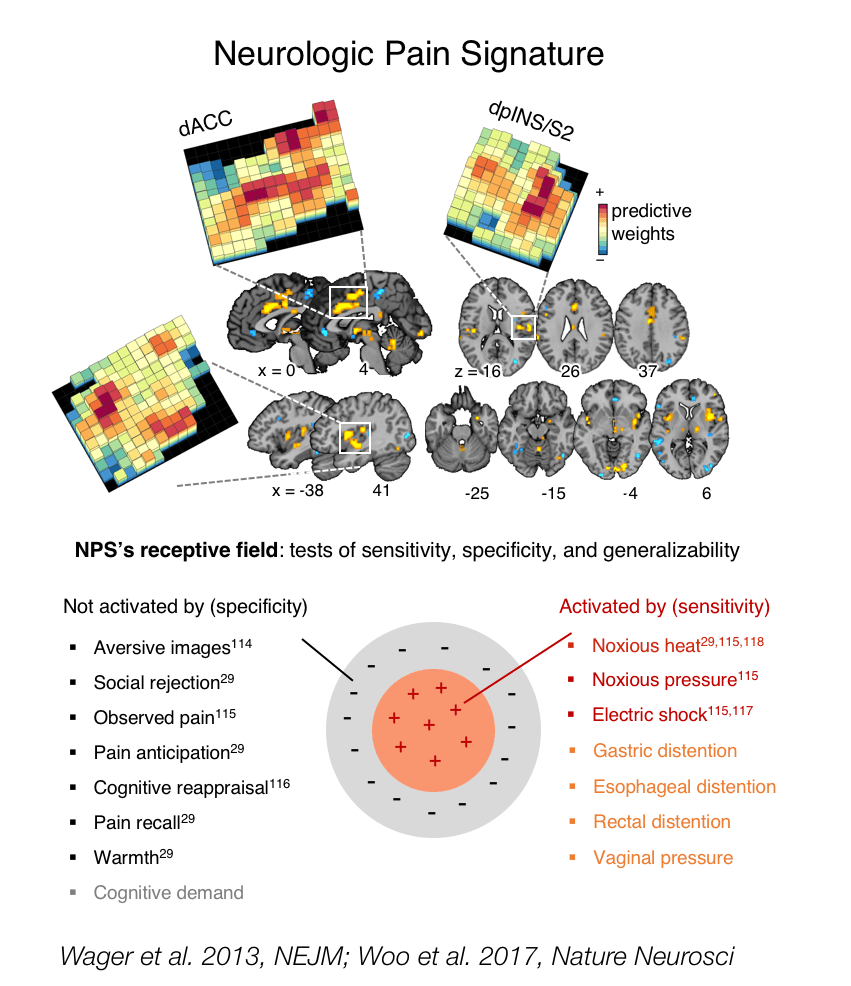
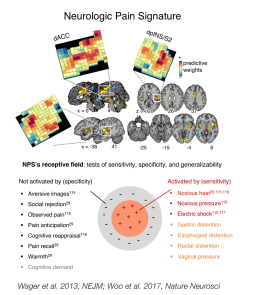 Chronic pain is a debilitating condition for millions of people worldwide. But what role does our brain play in processing pain? Cognitive neuroscientists are gaining a better understanding of how our brain processes pain. Using advanced imaging techniques, they can now measure and model brain systems linked to our pain and emotions. This is shedding new light on interventions for people who suffer from chronic pain.
Chronic pain is a debilitating condition for millions of people worldwide. But what role does our brain play in processing pain? Cognitive neuroscientists are gaining a better understanding of how our brain processes pain. Using advanced imaging techniques, they can now measure and model brain systems linked to our pain and emotions. This is shedding new light on interventions for people who suffer from chronic pain.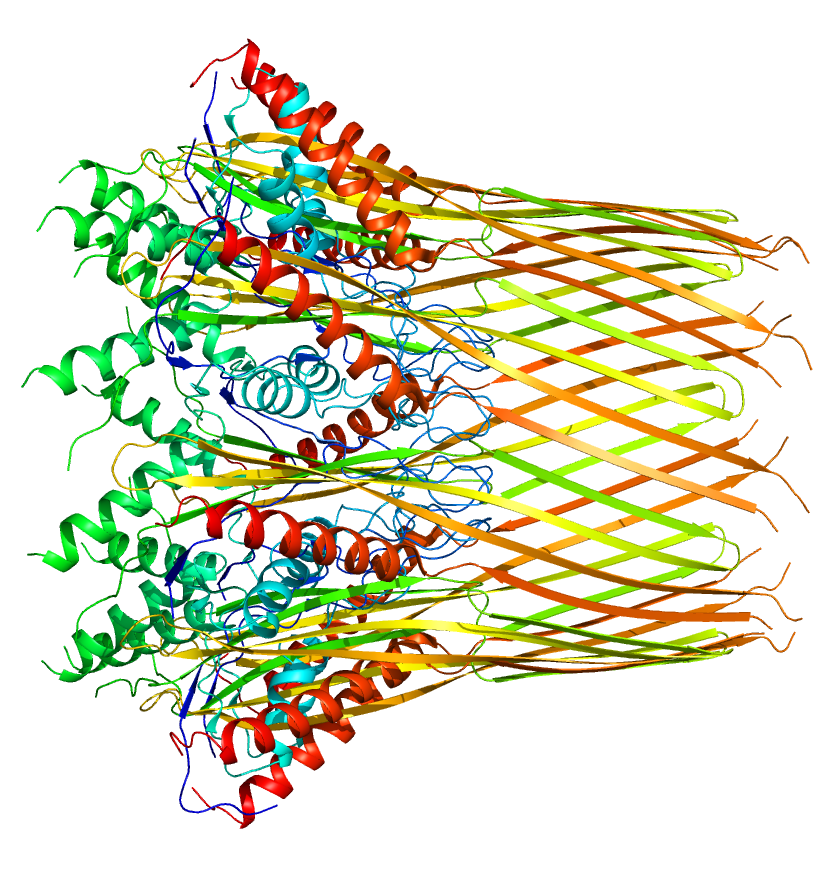
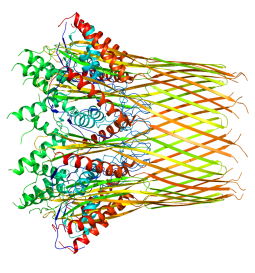

 Five years ago today on July 14, 2015, the
Five years ago today on July 14, 2015, the 
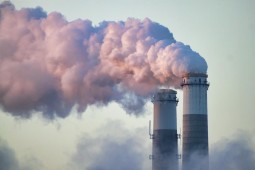 This week on How on Earth, Beth interviewed Scott Lehman of the University of Colorado here in Boulder. Dr Lehman collaborated with a team at NOAA, to develop a novel technique to identify the CO2 released by burning of fossil fuels, allowing its exact calibration in the global carbon budget. Due to technical difficulties, you can’t hear Beth’s questions in the audio, but Scott’s responses are very clear. You can find more information at his
This week on How on Earth, Beth interviewed Scott Lehman of the University of Colorado here in Boulder. Dr Lehman collaborated with a team at NOAA, to develop a novel technique to identify the CO2 released by burning of fossil fuels, allowing its exact calibration in the global carbon budget. Due to technical difficulties, you can’t hear Beth’s questions in the audio, but Scott’s responses are very clear. You can find more information at his 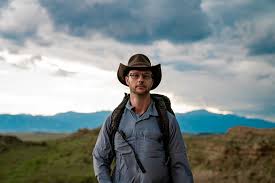
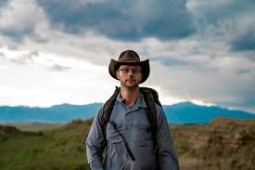
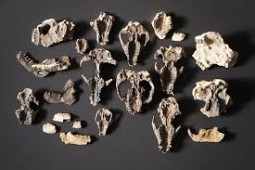
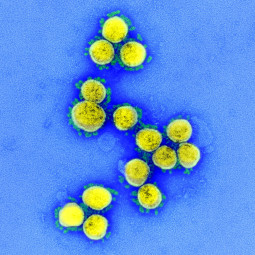
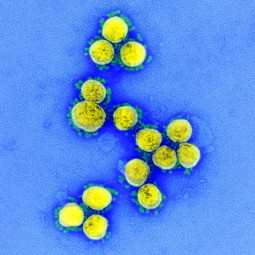 This week on How on Earth, Beth delves into the science of vaccination for the new corona virus and speaks with Dr David Werner of SUNY Binghamton about his research on the likelihood that general anesthetics can set children and adolescents up for the risk of later alcohol abuse. Find out more at his
This week on How on Earth, Beth delves into the science of vaccination for the new corona virus and speaks with Dr David Werner of SUNY Binghamton about his research on the likelihood that general anesthetics can set children and adolescents up for the risk of later alcohol abuse. Find out more at his 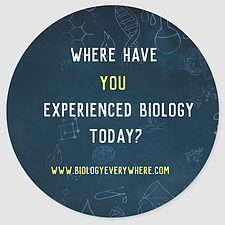
 Today on How on Earth, Beth plays part of a
Today on How on Earth, Beth plays part of a